5 Myths about Getting Better at Chess Most Players Believe
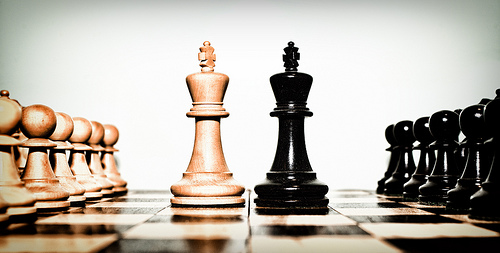
Today I will present you 5 the most common chess myths about getting better at chess.
Is it true that reading chess books will increase your ELO?
Do you think playing enormous number of chess games will make you a master strength player? Let’s find out!
Myth 1: If you play chess as much as you can, you will become a master
Although playing regular chess games is one of the elements of success , it is definitely not the only one. Maybe not even the most important one. It does not matter how many games you play, it matters how well you play: quality over quantity concept.
Playing many games and making the same mistakes over and over again will not lead you to becoming a better player. Maybe you will learn a thing or two here and there but globally, quality of your chess will not change just from playing games.
In order to improve at chess a systematic training approach is necessary, I have covered it here.

Myth 2: Reading chess books will increase your ELO
Chess books are a great source of information and are definitely very important for chess players of all levels. The main problem with chess books or any chess materials for that matter is that there are so many of them, it is hard to decide which one to study.
In order for your ELO to increase, you need not only to learn the information presented in the book, but also to be able to apply it in your own games. If you cannot apply your knew knowledge in real games, the book is no good for increasing your chess performance. This is what will increase your ELO.
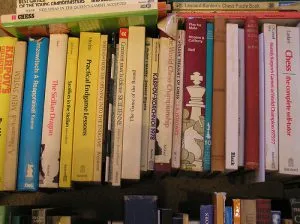
Myth 3: Strongest chess engine will help you with game analysis
The problem with chess engines is that many people are not using them in the right way. Many players assume that plugging in the game into a chess engine and looking at changing + and – scores in the analysis window after each move is a sufficient enough analysis, the one that will lead to learning from your own mistakes and improving quickly.
Unfortunately, it’s not the case. The only analysis that will help you to learn from your mistakes is your own, move-by-move, scrupulous one. The point I’m trying to make is simple, chess engines should help with the analysis not do it for you. After you finish with your own game analysis, you can check with the engine for the things you might have missed.

Myth 4: Studying more openings is what most chess players need to become stronger
Many chess players totally love studying openings. It’s almost like training biceps in the gym (for the ones who don’t know, this is the most favorite muscle group to train for most people). Day by day, chess players sit down and study long variations of their most favorite opening line 20 moves deep. They are almost experts in these lines, if they manage to remember them. The problem comes if somebody does not follow the line they have studied.
Then fiasco comes. One grandmaster said that a chess player needs to start studying chess openings only when he reaches about 1800 ELO. Since most chess players are below that level, there is no need for them to spend time on the initial phase of the game. If they want to improve, they should focus on tactics, endgames and the attack.

Myth 5: Winning chess games is what makes you a stronger player
We learn the most from lost games. The games that hurt us the most are the most effective teachers. We remember won games for few days, but we can remember that game we lost for months. So actually, losing games and learning from your mistakes is what makes us stronger chess player. One chess master once said, I have lost more games that you have played in your life, after defeating his opponents.
It doesn’t matter how many times you fall .. what matters is how many times you stand up, shake it off, and moving forward. – Unknown
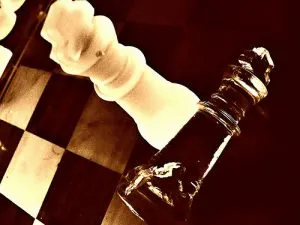
Credits:
Images are taken from Flickr and used under creative commons license (from here, here, here, here, here and here).
Don’t forget to share your own myths in the comment field below!



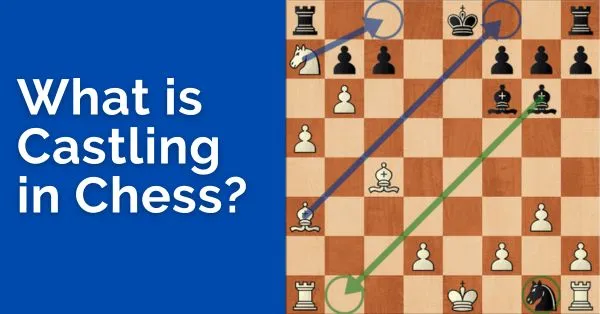
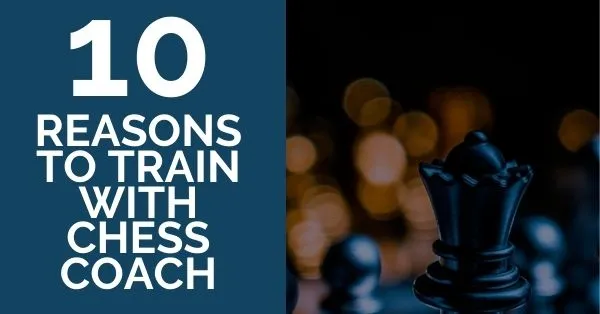
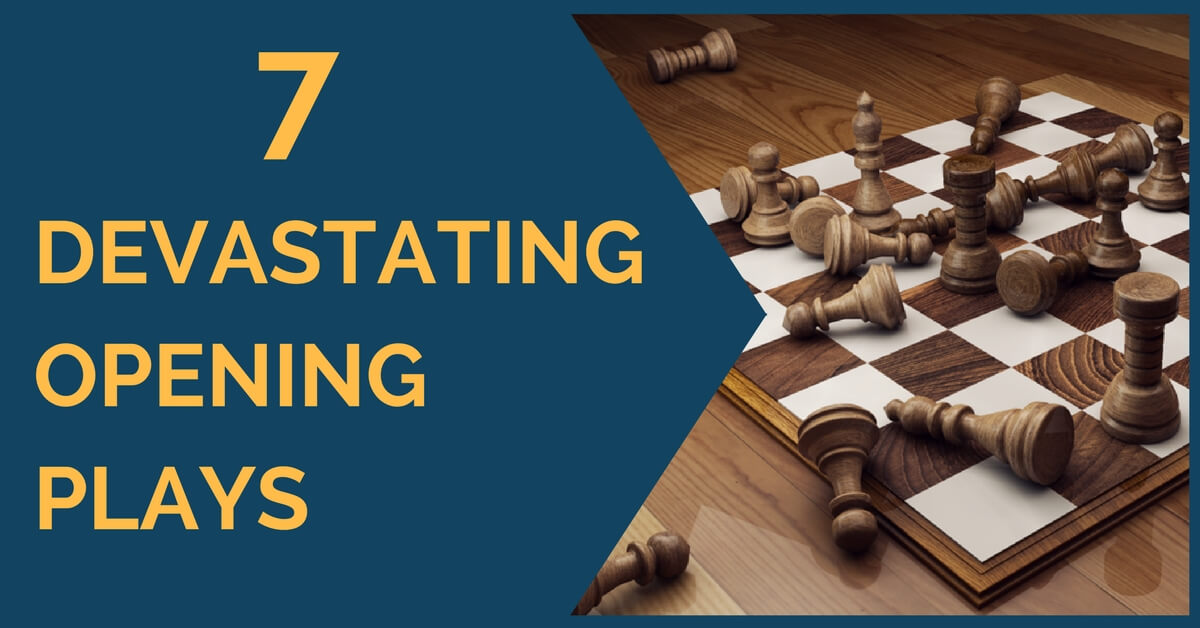




Comments: